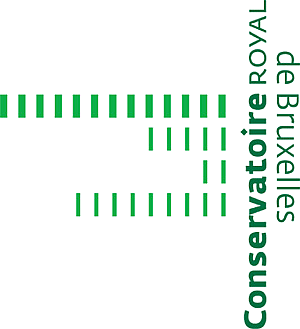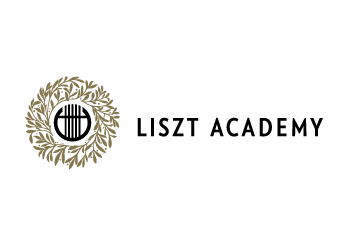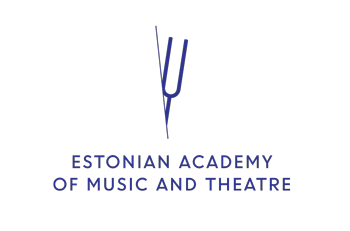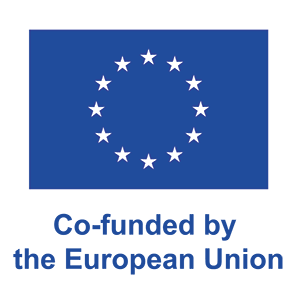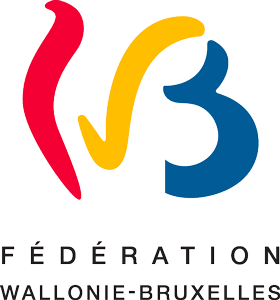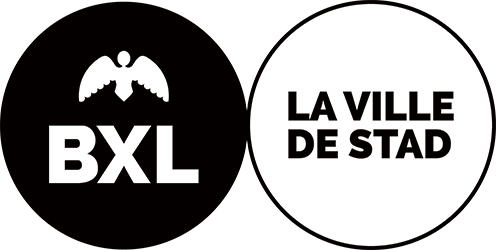Further information
-
assessment
Exam with grade E , Semester grade S , Comprehensive exam CE -
level
Intermediate -
 Completed Semester1-6
Completed Semester1-6 -
How many semesters does the course last?
6 -
hours per week
180' in first year, then 90' -
 Link of the course
Link of the course -
 Target group of courseInstrumentalists, advanced
Target group of courseInstrumentalists, advanced -
 creditssemester 1-2: 2, semester 3-6: 1
creditssemester 1-2: 2, semester 3-6: 1 -
 Type of CourseSeminar, Practice
Type of CourseSeminar, Practice -
Degree Level
Bachelor -
 e-learning-elementsinternet, projection, visual and auditive presentations
e-learning-elementsinternet, projection, visual and auditive presentations -
Course
Mandatory -
students #
6-15 students -
Hours per year
approx. 112 hours -
BIBLIOGRAPHY
Eimert, Herbert: Lehrbuch der zwölftontechnik. Breitkopf & Härtel, Wiesbaden 1966. 6. Auflage Eimert, Herbert: Grundlagen der musikalischen Reihentechnik. Bücher der Reihe. Vienna: Universal Edition, 1964. Jeppesen, Knud: Counterpoint: The Polyphonic Vocal Style of the Sixteenth Century. Dover Books on Music, 1992. Rosen, Charles: The Classical Style: Haydn, Mozart, Beethoven. W. W. Norton & Company, 1998. Schoenberg, Arnold: Fundamentals of Musical Composition. Faber & Faber, 1999. White, Eric Walter: Stravinsky: The Composer and His Works. University of California Press, 1984. Wolff, Christoph: Johann Sebastian Bach : The Learned Musician. Oxford University Press, 2002. -
ONLINE CATALOGUE
WITH CONTENTS -
evaluation grid
-
evaluation grid
and document
Teacher(s)
Máté Balogh
current position
associate professor
Barnabás Horváth
current position
associate professor
Balázs Horváth
current position
lecturer
László Tihanyi
current position
professor
Miklós Mohay
current position
professor, head of music theory department
András Virágh
current position
assistant professor
Judit Magay
Boglárka Terray
current position
lecturer
Endre Olsvay
current position
associate professor
Tamás Beischer-Matyó
current position
associate professor
Institution
Liszt Ferenc Zenemuveszeti Egyetem
Be a part of our european project !
This European project (KA 203 Strategic Partnership) created by Salvatore Gioveni promotes cross-border collaboration in the field of Music Theory through sharing knowledge and transferring pedagogical innovation. It thus responds to a lack of centralised source and framework to deepen reflection by means of cross-disciplinary study at European and international level.
There is a significant wealth of educational practices from one country to another in this sector, especially in terms of harmonic musical notation and analysis. However, HMEI's are facing the nonexistence of a European network for pedagogical staff in Music Theory so far. To improve the situation, the project will among other things develop several intellectual outputs such as Online Platform (IO 1), an EU Bibliography (IO 2), a Repository Courses (IO 3), a Multilingual Glossary (IO 4) and an Exchange Online Learning Platform.
Besides the Conservatoire royal de Bruxelles as leader and manager of the project, the following partner institutions are involved: Music Academy S. Moniuszki Gdańsk (Gdańsk, Poland), F. Liszt Academy of Music Budapest (Budapest, Hungary), Estonian Academy for Music and Theatre (Tallinn, Estonia), HfMTh "Felix Mendelssohn Bartholdy" (Leipzig, Germany).
 | 2025
| 2025
